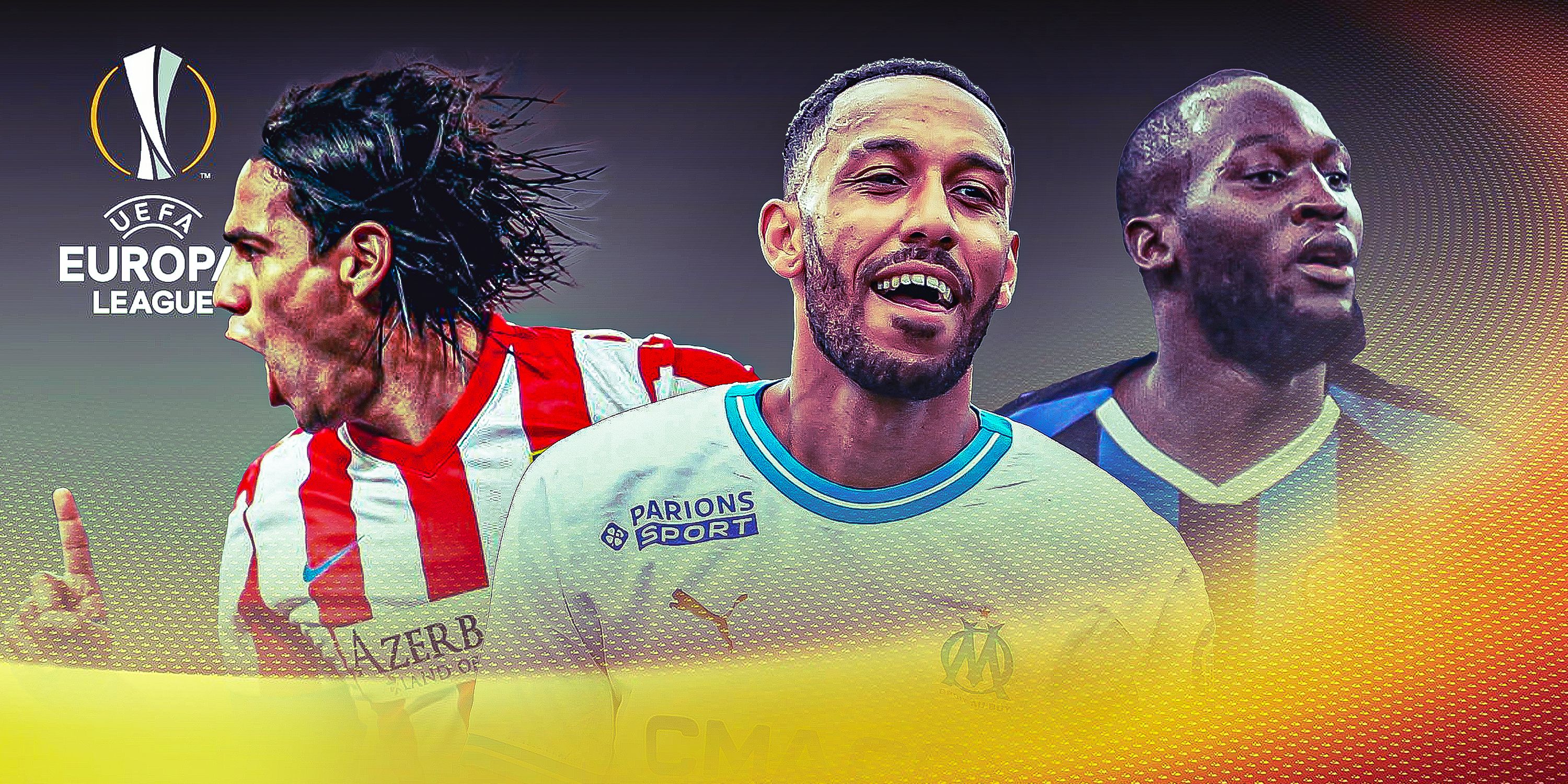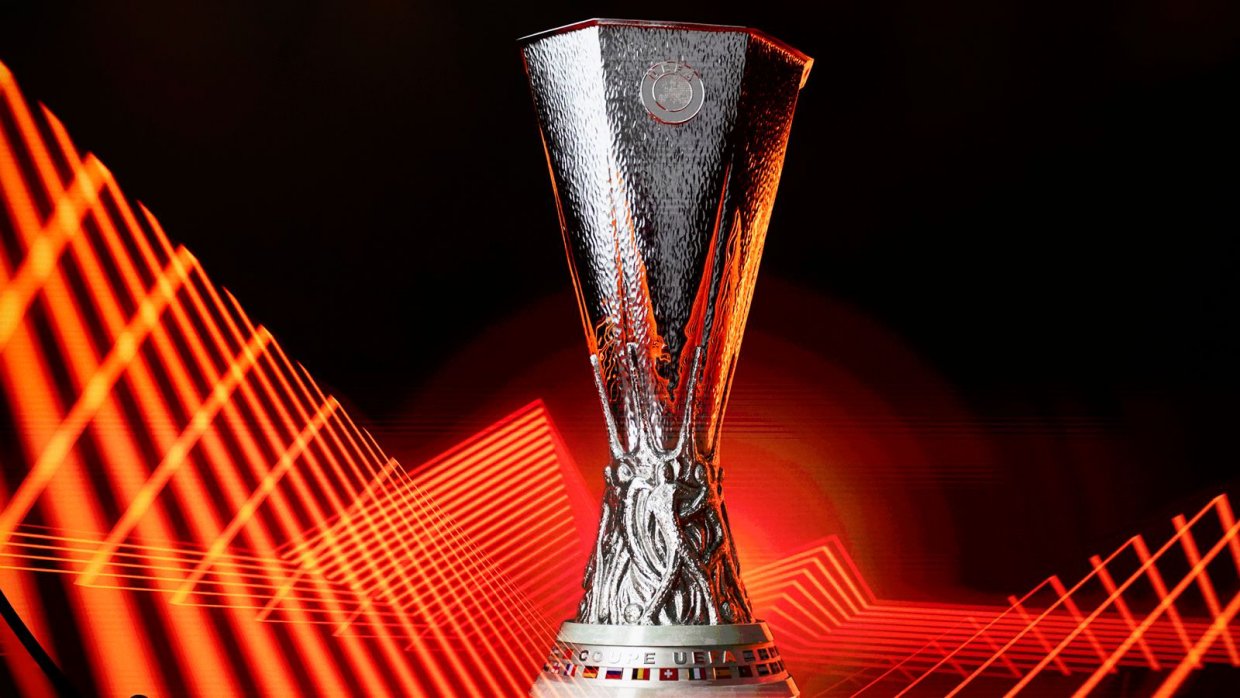
The Golden Boots of Europe’s Second Stage: A Deep Dive into the Europa League’s Top Scorers
In the grand tapestry of European club football, the UEFA Europa League often shines as a crucible of ambition, a proving ground for emerging talents, and a redemption path for established clubs. While the UEFA Champions League hogs the most glittering spotlight, the Europa League offers its own unique brand of drama, resilience, and unyielding competition. At the heart of this relentless pursuit of continental glory lies the individual quest for the top scorer award – the Golden Boot of Europe’s second-tier competition. This accolade, often overlooked in the broader footballing narrative, celebrates the prolificacy, clinical finishing, and sheer determination of players who consistently find the back of the net in a tournament renowned for its diverse tactical landscapes and gruelling travel schedules.
From seasoned veterans defying age to explosive youngsters making their mark, the list of Europa League top scorers is a testament to varied attacking prowess. Unlike the Champions League, where the same elite clubs often dominate the goal-scoring charts, the Europa League frequently throws up surprise contenders, underdog stories, and a wider array of nationalities and playing styles among its leading marksmen. This article delves into the history, impact, and remarkable individuals who have etched their names into the Europa League’s scoring annals, exploring what it takes to consistently outscore the competition in this demanding tournament.
The Evolution of the Golden Boot: From UEFA Cup to Europa League
Before its rebranding in 2009, the competition was known as the UEFA Cup. While the focus of this article is primarily on the Europa League era, it’s crucial to acknowledge its rich history. In the UEFA Cup, goal-scoring titans like Jupp Heynckes (Borussia Mönchengladbach), Gary Lineker (Barcelona), and Henrik Larsson (Celtic) all made their mark. However, the modern Europa League, with its expanded format, more structured group stage, and clear pathway to the Champions League, has elevated the profile of its individual awards.
The transition to the Europa League brought with it an increased number of matches and a greater emphasis on tactical depth, providing more opportunities for prolific strikers to rack up impressive tallies. The group stage, in particular, often sees high-scoring affairs, allowing players from stronger teams to establish early leads in the scoring charts before the more tightly contested knockout rounds.
The Reign of Radamel Falcao: Setting an Unprecedented Standard
When discussing Europa League top scorers, one name stands head and shoulders above the rest: Radamel Falcao. The Colombian striker’s exploits in the 2010-11 and 2011-12 seasons are nothing short of legendary and set a benchmark that has yet to be surpassed.
In the 2010-11 season, playing for FC Porto under André Villas-Boas, Falcao enjoyed an utterly sensational campaign. He netted an astonishing 17 goals in just 14 appearances, leading Porto to a dominant Europa League triumph. This remarkable tally included a four-goal haul against Villarreal in the semi-finals and the decisive goal in the final against Braga. His blend of aerial prowess, clinical finishing, and intelligent movement made him virtually unplayable. The 17-goal record remains untouched, a testament to his incredible form and the attacking philosophy of that Porto side.
The following season, after a high-profile move to Atlético Madrid, Falcao proved his brilliance was no fluke. He once again spearheaded his new team’s charge to the Europa League title, scoring 12 goals in 15 games. This included a stunning brace in the final against Athletic Bilbao, showcasing his big-game temperament. Falcao’s back-to-back Golden Boots in the Europa League are a unique feat, solidifying his status as arguably the competition’s most iconic goal-scorer. His success underscored the importance of a world-class striker for teams aiming for continental glory, even in Europe’s secondary competition.
Diverse Talents and Unsung Heroes: The Many Faces of Prolificacy
While Falcao set an almost unattainable standard, the Europa League has seen a diverse array of players claim the top scorer accolade in subsequent seasons, each bringing their unique style and narrative to the fore.
Óscar Cardozo (Benfica), a powerful Paraguayan striker, shared the award in the inaugural 2009-10 season with Claudio Pizarro (Werder Bremen) both with 9 goals, and then again in 2012-13 with Libor Kozák (Lazio) with 8 goals, demonstrating a consistent threat over multiple campaigns.
The 2015-16 season saw the emergence of a veteran defying age and expectations: Aritz Aduriz (Athletic Bilbao). At 35 years old, the Spanish striker rolled back the years, scoring 10 goals with a mix of powerful headers, clever finishes, and unerring penalty taking. His achievement was particularly remarkable given Athletic Bilbao’s focus on a core of Basque players, showcasing the enduring quality of a player who knew how to find space and convert chances. Aduriz would share the award again in 2017-18 with Ciro Immobile, further cementing his legacy.
The 2018-19 season provided a fascinating tie for the top scorer award between two very different strikers: Olivier Giroud (Chelsea) and Luka Jović (Eintracht Frankfurt), both netting 11 goals. Giroud, often seen as a target man, showcased his aerial ability and link-up play, thriving in Chelsea’s system under Maurizio Sarri, ultimately winning the final against Jović’s Eintracht. Jović, on the other hand, represented the exciting new generation. His explosive finishing and predatory instincts made him a breakout star, leading to a high-profile move to Real Madrid. This season highlighted the contrasting paths to goal-scoring success: the experienced, tactical forward versus the raw, instinctive finisher.
More recent seasons have continued this trend of diverse top scorers. Bruno Fernandes took the award in 2019-20 with 8 goals, a testament to his penalty-taking prowess and midfield dynamism for Sporting CP and Manchester United. The 2020-21 season saw a quartet of players share the Golden Boot with just 7 goals, highlighting the impact of the pandemic-affected schedule and potentially more cautious approaches from teams.
Perhaps one of the most surprising top scorers came in the 2021-22 season with James Tavernier (Rangers). The right-back incredibly led the scoring charts with 7 goals, primarily from penalties and his trademark free-kicks, as Rangers made a remarkable run to the final. This anomaly underscores the unique nature of the Europa League, where set-piece specialists and consistent performers can sometimes outshine conventional strikers.
The 2022-23 season saw another tie, with Marcus Rashford (Manchester United) and Victor Boniface (Union SG) both scoring 6 goals. Rashford’s goals were crucial for United’s journey, highlighting his resurgence as a primary attacking threat.
Most recently, in the 2023-24 season, Pierre-Emerick Aubameyang (Marseille) rolled back the years, claiming the top scorer title with 10 goals. This achievement showcased his enduring pace and clinical finishing, proving that even in the twilight of their careers, elite strikers can still dominate.
The Anatomy of a Europa League Top Scorer
What distinct qualities and circumstances converge to produce a Europa League Golden Boot winner?
- Clinical Finishing: This is, of course, paramount. The ability to convert chances, whether from open play, headers, or penalties, is non-negotiable. Top scorers often possess an innate sense of positioning and composure in front of goal.
- Consistent Game Time and Deep Runs: To accumulate a high goal tally, a player needs to play consistently and for a team that progresses far into the tournament. Many top scorers come from teams that reach at least the semi-finals, if not the final.
- Team System and Support: No striker operates in a vacuum. A top scorer often benefits from an attacking team philosophy, creative midfielders providing service, and wingers who stretch defences. Falcao’s success, for instance, was amplified by Porto’s free-flowing attack.
- Penalty Taking Prowess: Penalties can significantly boost a player’s goal count. Many Golden Boot winners are designated penalty takers for their clubs, turning critical moments into guaranteed goals.
- Adaptability: The Europa League involves travel across various time zones and playing against teams with diverse tactical approaches. Players who can adapt their game to different opponents and conditions often thrive.
- Motivation: For some players, the Europa League is a stepping stone to bigger clubs or a chance to re-establish their reputation. This heightened motivation can translate into fierce determination to score.
Impact and Legacy
Winning the Europa League Golden Boot is more than just an individual accolade; it often has significant repercussions for a player’s career. For emerging talents like Luka Jović, it served as a springboard to a top-tier club. For established players like Olivier Giroud or Radamel Falcao, it reaffirmed their status as elite strikers, proving their enduring quality on the continental stage.
For the clubs, having a top scorer often correlates with deep runs in the competition, although it doesn’t guarantee silverware. Falcao’s feats directly led to two trophies, but many top scorers have seen their teams fall short in the latter stages. Nevertheless, it boosts team morale, attracts positive media attention, and showcases the club’s attacking prowess.
Looking Ahead
The Europa League continues to evolve, drawing in more competitive teams and showcasing a broader spectrum of footballing talent. As tactics shift and new stars emerge, the race for the Golden Boot remains one of the most compelling individual narratives within the competition. Will another player ever match Falcao’s incredible 17-goal record? Will we see more unconventional top scorers like James Tavernier?
The beauty of the Europa League’s Golden Boot lies in its unpredictability and its celebration of diverse attacking excellence. It reminds us that while team glory is the ultimate prize, the individual brilliance of a player who consistently puts the ball in the back of the net is a spectacle in itself, a testament to the universal thrill of goal-scoring in the beautiful game. The top scorers of the Europa League are not just names on a list; they are the architects of crucial moments, the catalysts for victories, and the enduring symbols of ambition in Europe’s second grandest club competition.



